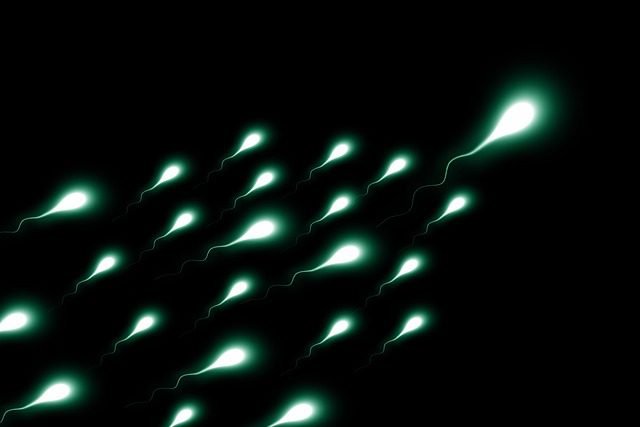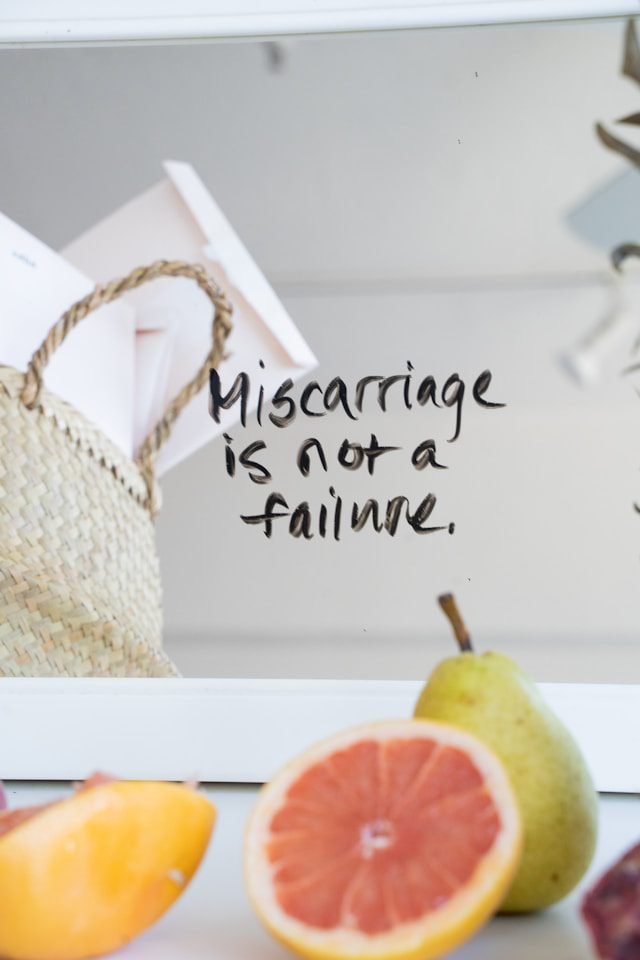I stumbled across something recently that made me pause. Miscarriages – those silent heartbreaks so many couples go through, might not always come down to the woman’s body after all. Apparently, damaged sperm can play a surprisingly big role.
I never knew this. Did you?
Honestly, I’ve always assumed it was mostly about the eggs, the womb, the hormones… you know, our bits. But it turns out the guys have got a significant part to play — and if their contribution’s a bit dodgy, it can lead to heartbreak before the baby even has a chance.
The Hidden Male Factor
Miscarriages are still spoken about in whispers, if at all. They’re wrapped in mystery, guilt, and the eternal “what ifs.” But here’s what’s slowly coming to light: damaged sperm might be behind a surprisingly large chunk of early pregnancy losses.
Now, no one’s playing the blame game here — it takes two to tango, and two sets of DNA to make a baby. But if one half of that genetic recipe turns up battered and bruised, things can go awry.
So… How Big a Problem Are We Talking?
Numbers vary, but some studies suggest that sperm issues could be responsible for 20–30% of early miscarriages. That’s not a throwaway statistic. It’s enough to make us stop and rethink what we thought we knew.
For years, the spotlight has been squarely on the woman — her eggs, her womb, her age, her stress levels. But damaged sperm might be quietly contributing to the heartbreak too.
What Damages Sperm, Then?

Think of sperm like tiny Olympic athletes. They’ve got one job: make it to the egg and deliver the goods. But some of them turn up looking like they’ve trained on crisps and cheap lager. Here’s what gets in their way:
- Age – Yes guys, you’ve got a biological clock too. As men age, sperm DNA can deteriorate. It’s like handing in a CV that’s been through the washing machine.
- Lifestyle choices – Smoking, binge drinking, dodgy diets, and drug use can lead to oxidative stress. That’s when naughty little molecules (free radicals) damage sperm like tiny vandals.
- Toxins and pollution – From pesticides to traffic fumes, environmental nasties can mess with sperm quality.
- Illness and infections – High fevers, untreated medical conditions, and even STIs can cause damage.
- Heat – This one’s wild: prolonged laptop-on-lap use, steamy saunas, and tight undies can all overheat the crown jewels and reduce sperm quality.
Can Anything Be Done?
Thankfully, yes! It’s not all doom and damaged DNA. Here’s how to give sperm the spa treatment it deserves:
- Clean up the lifestyle – Stop smoking, drink less, eat more greens and berries, and for goodness’ sake, get some sleep.
- Exercise smartly – Regular movement’s great, but maybe ease off the five-hour bike rides or hours sat on a hot car seat.
- Reduce toxin exposure – Easier said than done, but being aware helps. Gloves in the garden, filters at home — little things add up.
- Mind the stress – Chronic stress can lower sperm quality. Meditation, yoga, football, a laugh with mates — whatever works.
Why Don’t We Hear More About This?
Here’s the kicker: because it’s awkward.
Male fertility has been a bit of a taboo, tucked behind toxic masculinity and centuries of assuming reproduction was a “women’s problem.” The idea that a miscarriage could be due to sperm quality? It’s only just starting to be taken seriously.
And I get it — telling a man his sperm might be the issue can feel like questioning his manhood. But this isn’t about blame. It’s about understanding the full picture. If we’re going to support couples through fertility struggles, we need the full truth — not half the story.
A Final Thought
It’s strange, isn’t it? We spend so much time checking if we are fertile, if our hormones are balanced, if our bodies are doing everything right… but rarely do we ask: “How’s his sperm doing?”
I’m genuinely shocked this isn’t talked about more. It’s empowering to know — not just for us, but for our partners too. Because if damaged sperm is part of the puzzle, at least it’s a piece we can do something about.
So next time someone’s talking fertility, share this little nugget: sperm matters. A lot. And now we know — we can do better.
Want to chat more about this? Have you ever heard this before either? I’d love to hear your thoughts.





